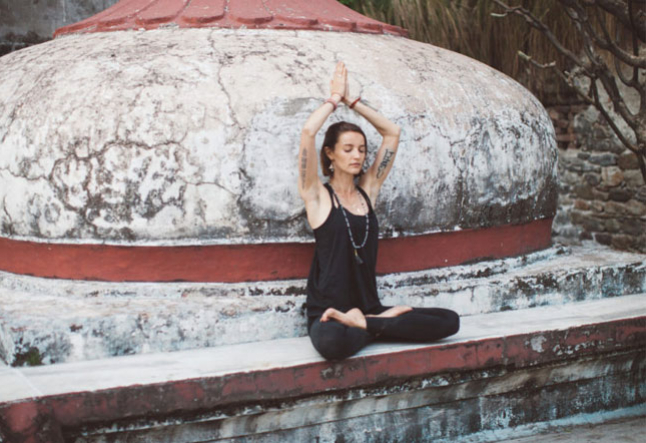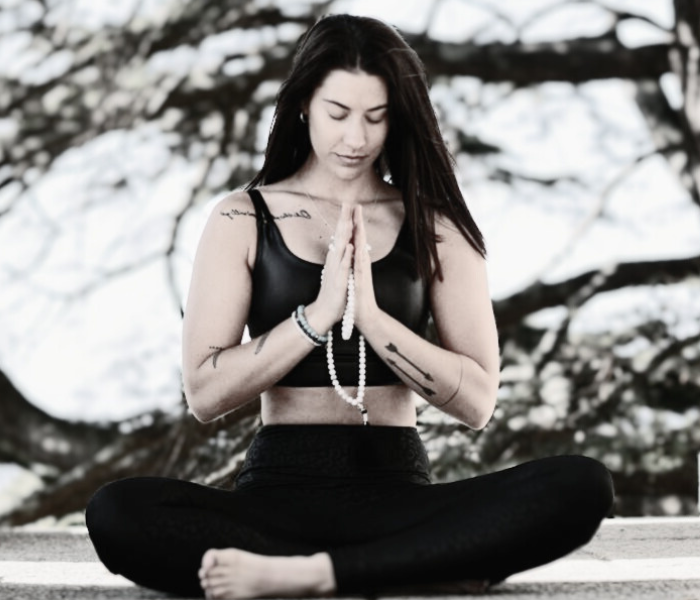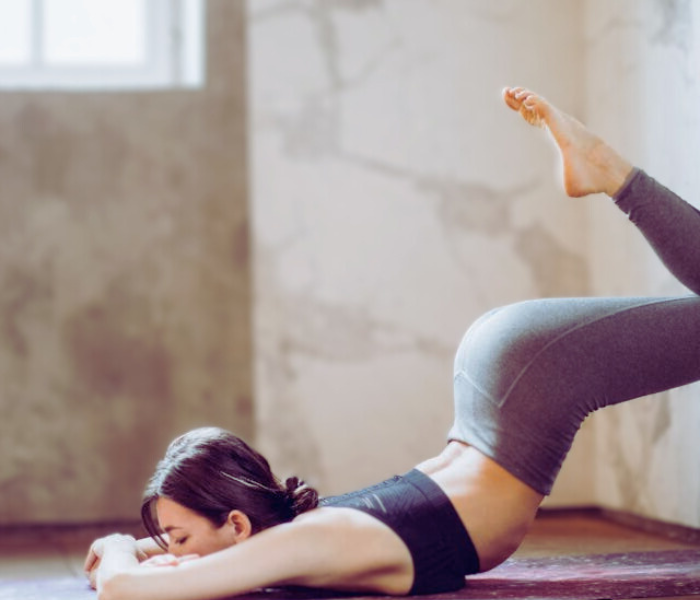5 essential life skills that you can train with yoga

Develop yoga skills for life
Yoga is a centuries-proven method towards self-realization and well-being. You can interpret the concept of self-realization in your own way, yet the concept of well-being is pretty straight-forward: it implies physical and mental health, and everyone has an intuitive understanding of what that feels like! So let’s dive into some yoga skills which will help you in your daily life.
Most people understand that yoga is good for their bodies. Hence, yoga is consistently becoming more popular and pictures of beautiful and healthy bodies in yoga postures flood the Internet.
Yet, when we work on our bodies in the very specific way that yoga encourages, we also work on our minds, training some of the essential life skills that not only help us survive in the modern world, but to prosper in it!
When I refer to the essential life skills that you can train with yoga, I don’t mean the ability to balance on your head or to lie down on nails. I mean the type of life skills that you absolutely have to possess in this day and age, no matter what background you come from, what you do for a living or what you believe in.
So what are these 5 essential yoga skills that you can train with yoga?
• Focus
• Self-control
• Patience
• Mental flexibility
• Stress management
During my 15 years of yoga practice, I have seen myself build on these essential life skills and have witnessed this progression in others. I hope to inspire the reader to practice yoga and to consciously direct their yoga practice to help develop these skills, thus allowing them embark on a path of self-realization and well-being.
Focus
Focus is the ability to direct the flow of consciousness onto a specific object. In yoga, we use our breath as a main point of focus; helping us be aware of the ever-changing mental and physical experiences of the present moment.
Also Read>>> Top 10 Best Online Yoga Teacher Training
With time and practice, your ability to focus becomes stronger, having a positive effect on your life. The ability to continuously choose one area of focus among many other stimuli directly determines your ability to learn, perform tasks, and have satisfactory life experiences.
Patience
Patience is the ability to wait with tolerance. In yoga, we improve our patience by emphasizing the process rather than the goal. We perform our postures and other practices without expecting immediate feedback or accomplishment.
Since we release our need to achieve an objective, we can enjoy the experience itself. This helps us to tolerate the delay of gratification; allowing us to maintain balance.
Self-control
Self-control is the ability to inhibit one’s impulses, unconscious reactions, or bad habits. In yoga, we learn self-control by becoming aware of our physical and mental patterns, accepting them for being a part of us, and then changing them through an applied effort.
Also Read>>> Best Online Yoga Classes
The more we apply ourselves towards creating a positive change and inhibiting negative tendencies, the more we become proficient in self-control. Paradoxically, in yoga we try to free ourselves from the self-imposed constrictions of our mind by learning how to control it.
Mental flexibility, a yoga skill
Mental flexibility is the ability to adapt in the light of new information and circumstances. When we practice yoga, we receive a constant flow of changing information: from our bodies, our minds, our teachers, or other practitioners around us. Based on this feedback, we often need to adjust our physical posture or mental state.
This ability to change in the light of circumstances increases our mental flexibility, and eventually spills over into our daily lives off the mat.
Mental flexibility enables us to continuously keep on learning and growing: it helps us to make better decisions, come up with new strategies, and let go of the things that don’t serve us positively.
Stress Management
Stress management is the ability to cope with the demands of daily life. In yoga, we put ourselves under possibly stressful circumstances, such as learning new and challenging poses that make us face our fears and mental blockages. We learn to manage these stressful circumstances by applying a continuous effort despite the perceived difficulties.
Yoga Skills – In short
Through sustained practice, we learn to release our anxieties, becoming increasingly better at responding to the demands of the posture or given circumstances. As we succeed despite the difficulties, we empower ourselves and learn to love to take on challenges in the future.
Read next >> 6 anti-aging benefits of yoga for a healthier you



